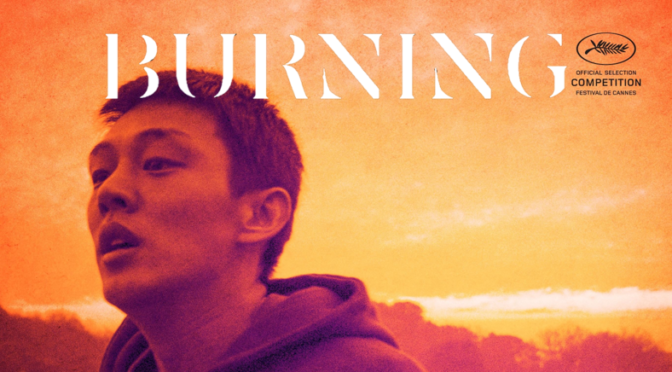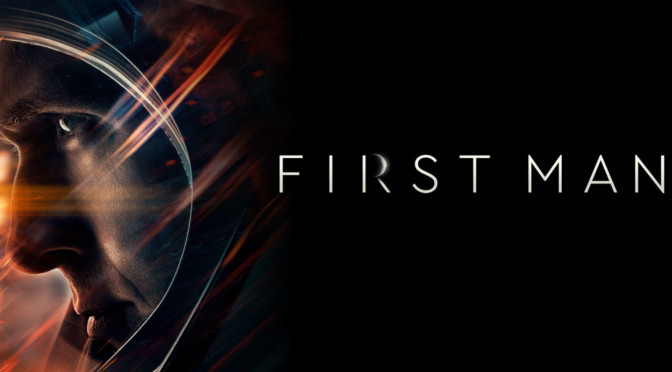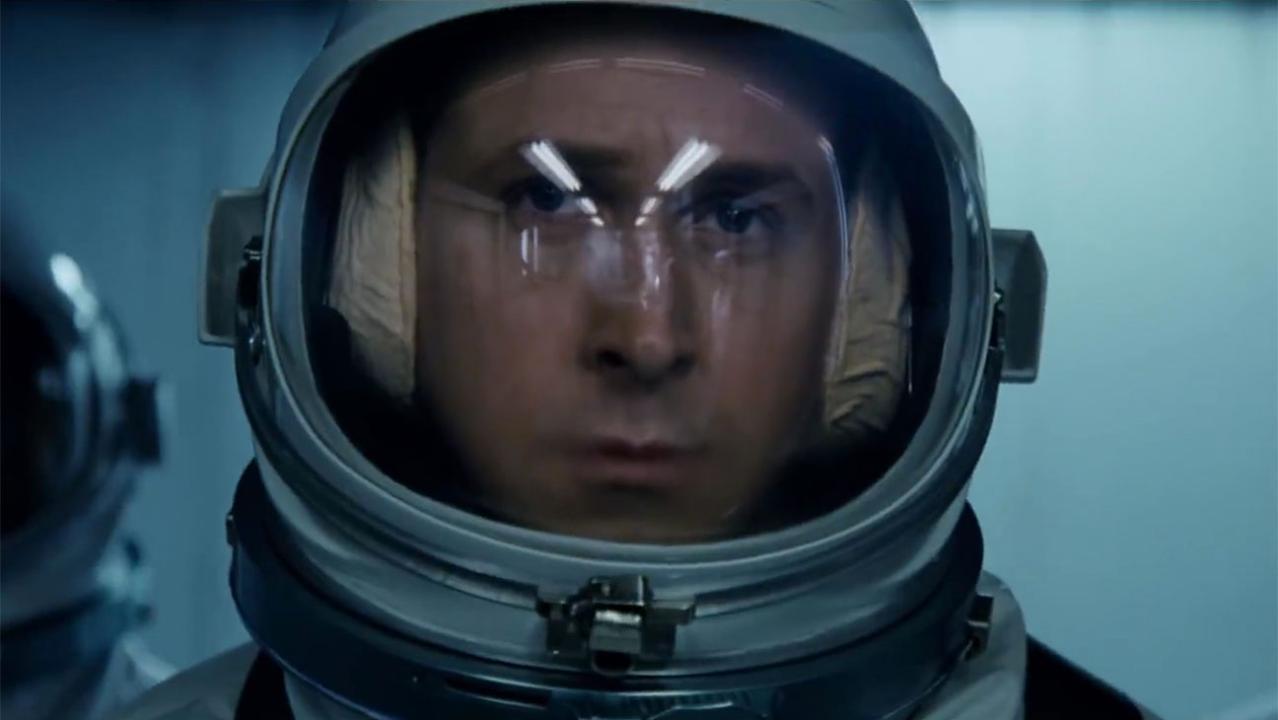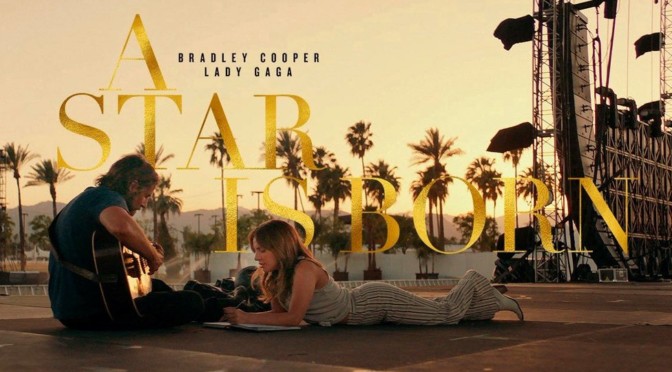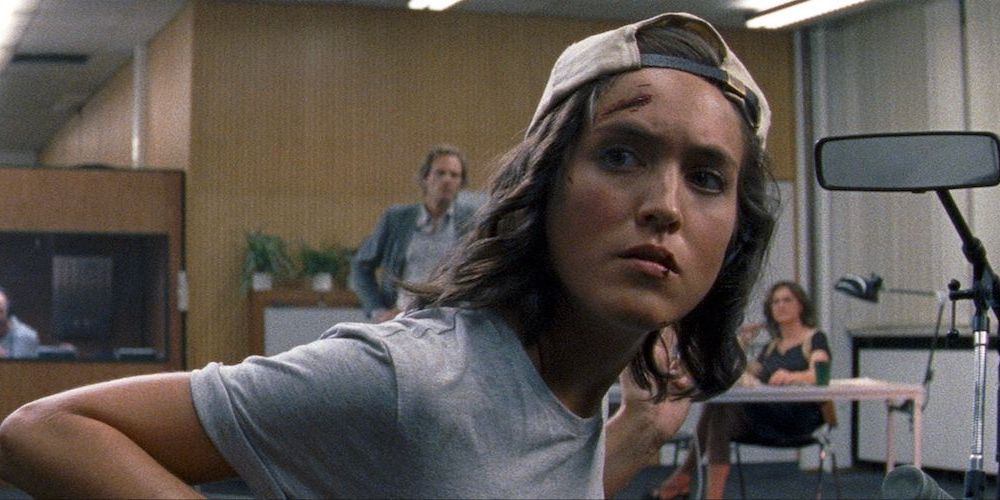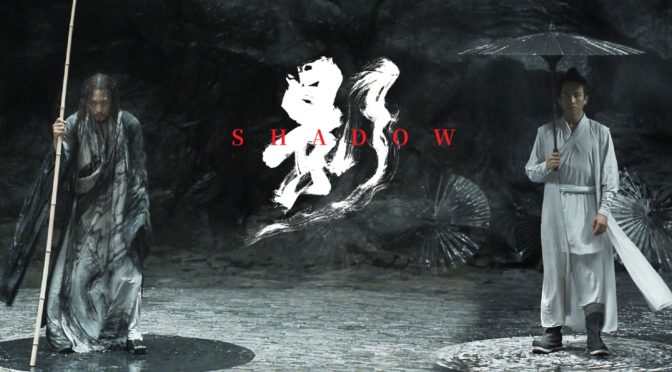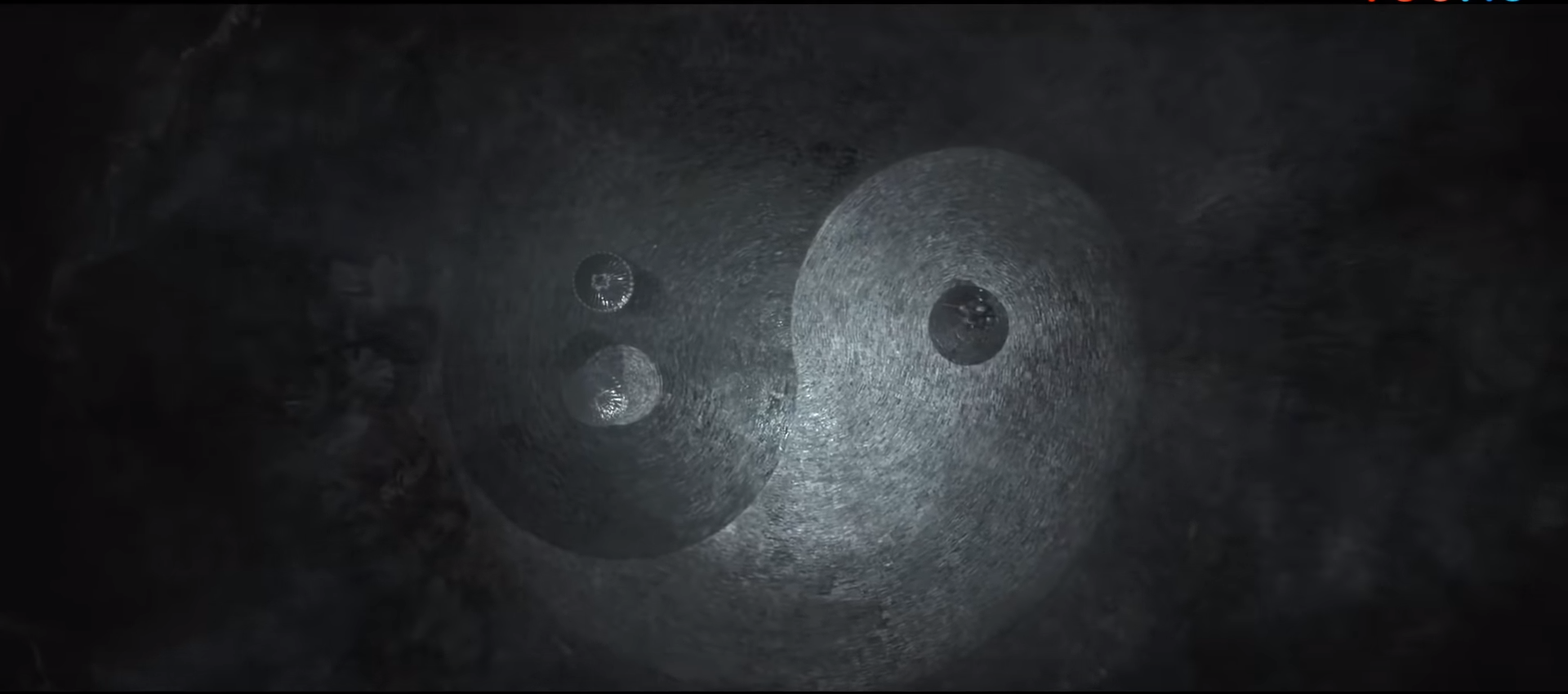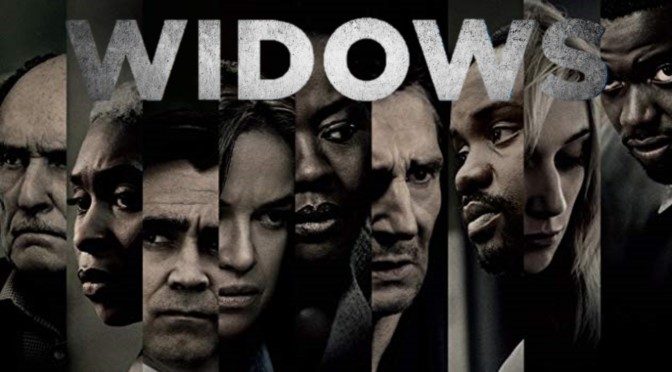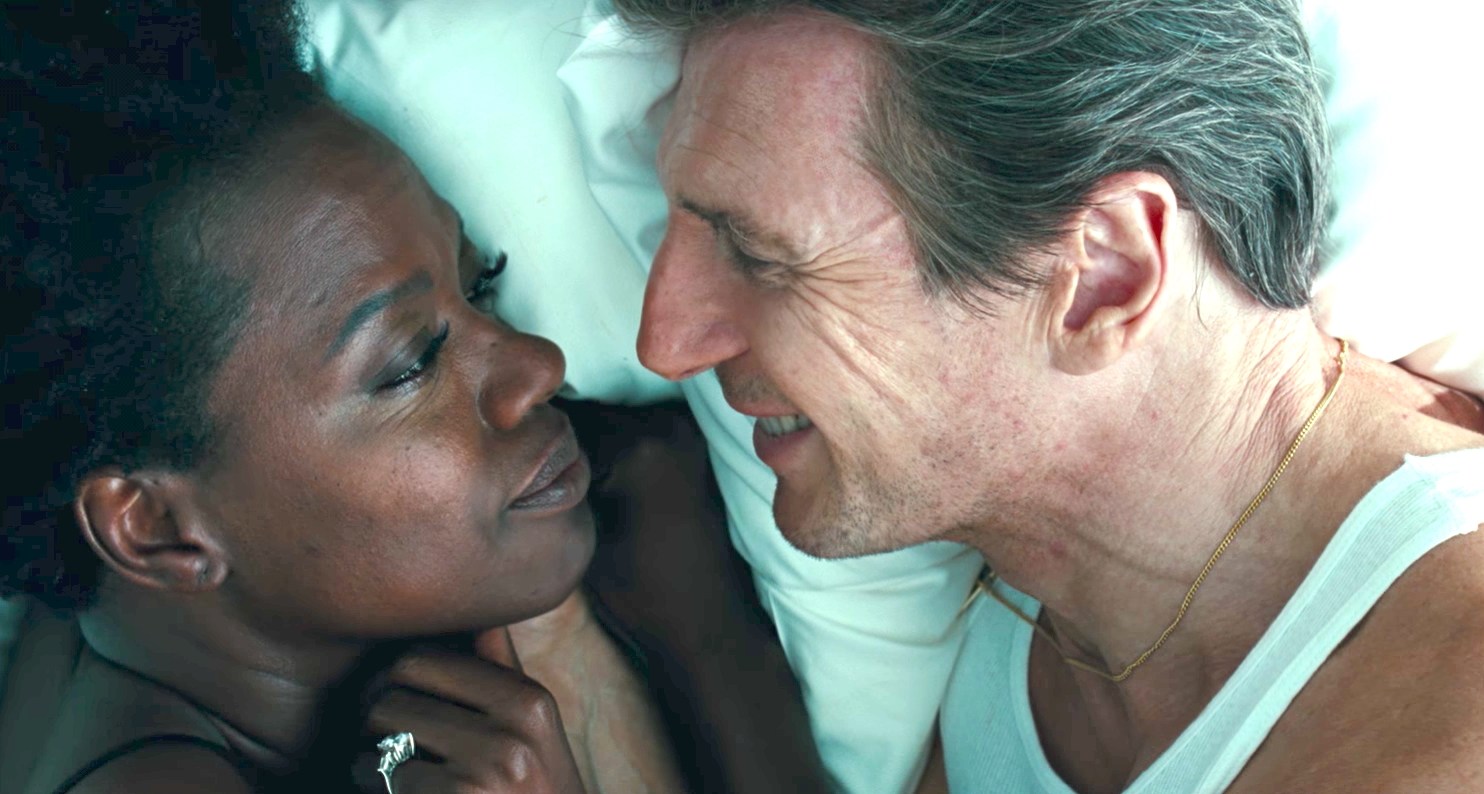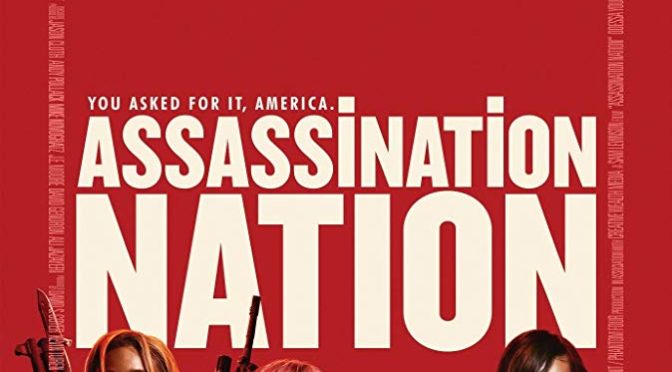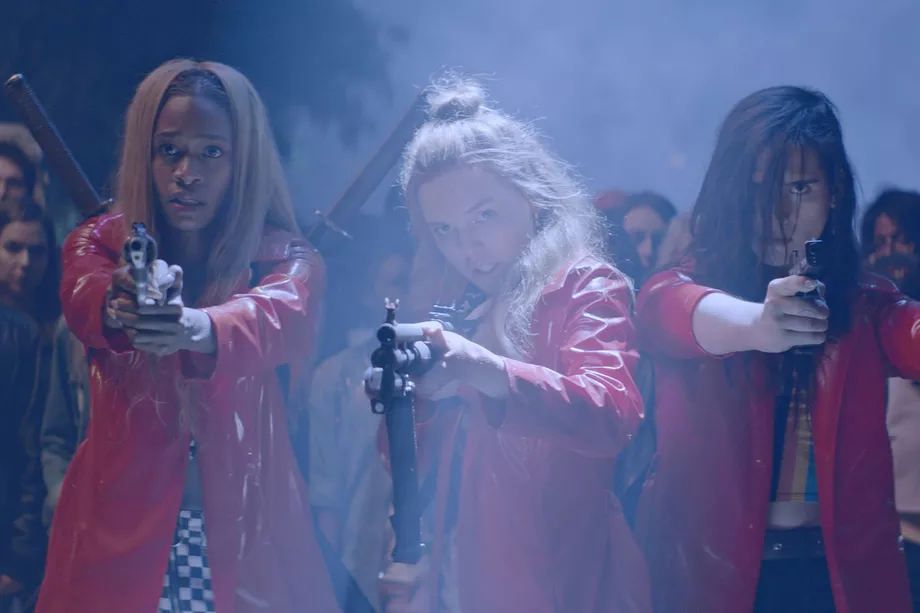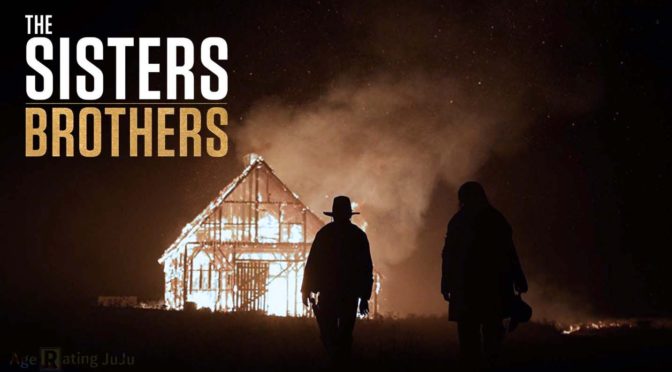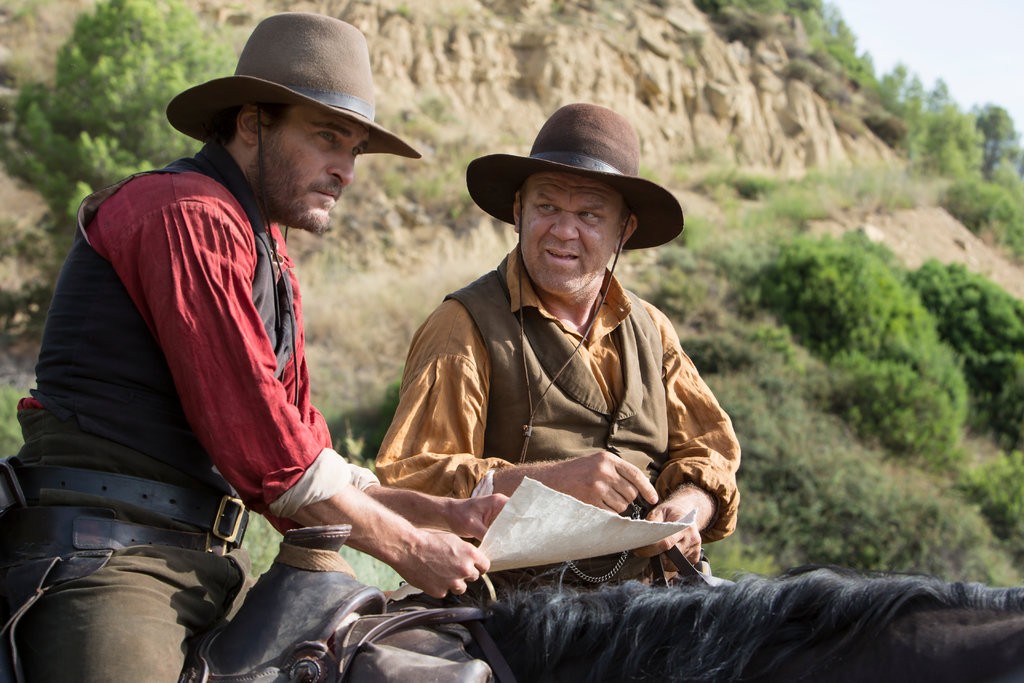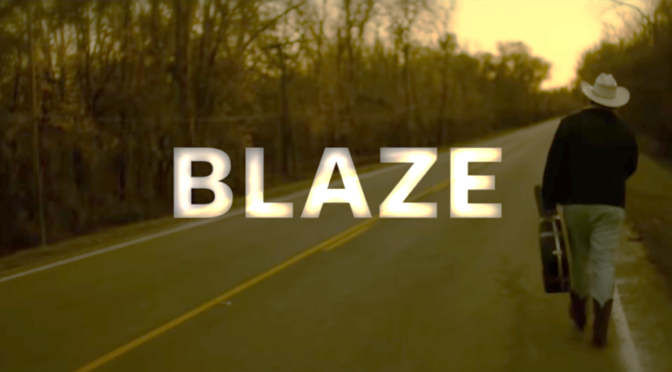Lee Chang-dong (Poetry) has created an immersive, oppressive thriller like few others. The film, adapted from the short story Barn Burning by Haruki Murakami, follows Jong-su (Yoo Ah-in), a young man who runs into a former classmate named Hae-mi (Jeon Jong-seo) who invites him to dinner. Hae-mi seems quirky and removed from normal behavior. She practices pantomime for no particular reason and is about to leave to Africa, seemingly on a whim. The two sleep together and she departs to Africa soon after. Weeks later, she leaves Jong-su a message asking him to meet her at the airport only for him to find her arriving with another man. Ben (Steven Yeun) is her new boyfriend and as the three spend time together Jong-su begins to question Ben’s motivations.
Steven Yeun deserves immense credit for building the central mystery. He is known for his work in The Walking Dead, but here he plays an entirely different role. Ben is an obnoxiously perfect individual. He is young but somehow wealthy despite not appearing to have a demanding job – or any job at that. He says he “plays” when asked about his occupation, an answer so terse it feels condescending. But he is never overtly mean. He is actually kind to Jong-su, invites him out with his friends, and never seems to view Jong-su as a threat to his relationship with Hae-mi, again to the point of offense as if Jong-su is too plain or lowly to be a rival. Yeun communicates Ben’s personality with eerily restrained movements. His entire physique moves with a slow, quiet confidence. His words feel measured and unemotional and his aloof smiles hint, ever so slightly, that his interests lie elsewhere. Yeun subtle acting commands attention during every second of his screen time and his uncanny mannerisms make him a shadowy figure that we feel compelled to unravel.
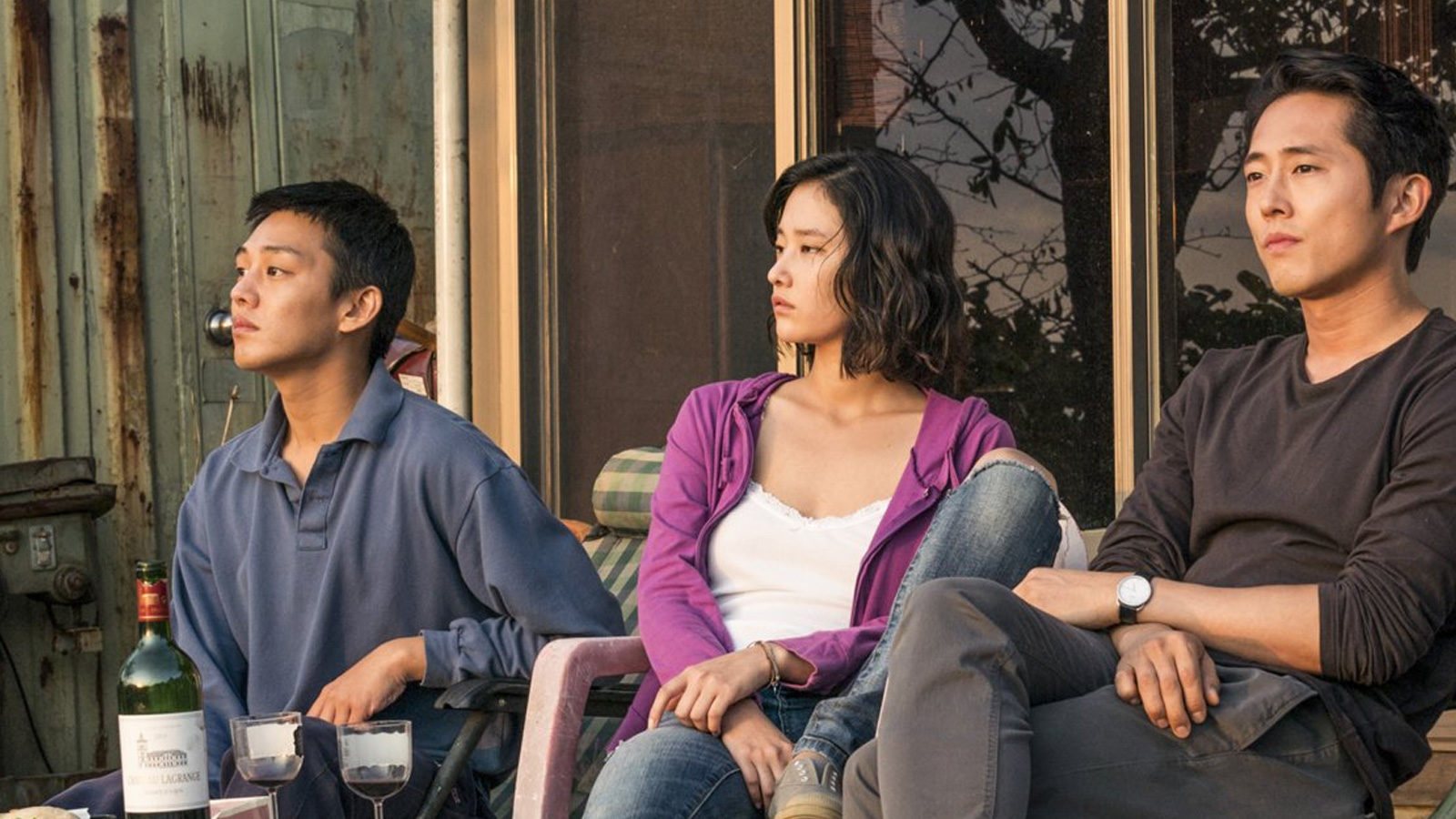
It’s rare to see a film simultaneously this quiet and this angry. Beneath the film’s placid surface is a torrent of frustration, confusion, and latent aggression. Jong-su is a disaffected youth, working jobs as needed while trying to become a writer. His father is being sent to jail for an altercation with a city inspector that could have been forgiven with a simple apology note, but he was too prideful to do so. This same pride is implied to exist within Jong-su as he suffers the indignation of being replaced by Ben as Hae-mi’s love interest. He isn’t outwardly upset, but the jealousy is present in his envious stares. Ben has appeared out of nowhere and seems to, inexplicably, eclipse him in every way possible. He is extremely handsome, poised, and apparently has an active social life – all things Jong-su cannot say. As the film’s mystery grows, so does the exasperation. Lee uses the events of this thriller to force the audience to confront the crippling ambiguity of modern life. Jong-su, despite his efforts, continues to fail in even slightly understanding the events that may have taken place. If anything, his search only leaves him with more doubts about what he previously believed. Instead of answers, he is left with pain, rage, and guilt at his own desperate situation. Lee expands the film from beyond the thriller genre to a look into hopelessness, ambiguity, and the actions they can create.

4/5 stars.
